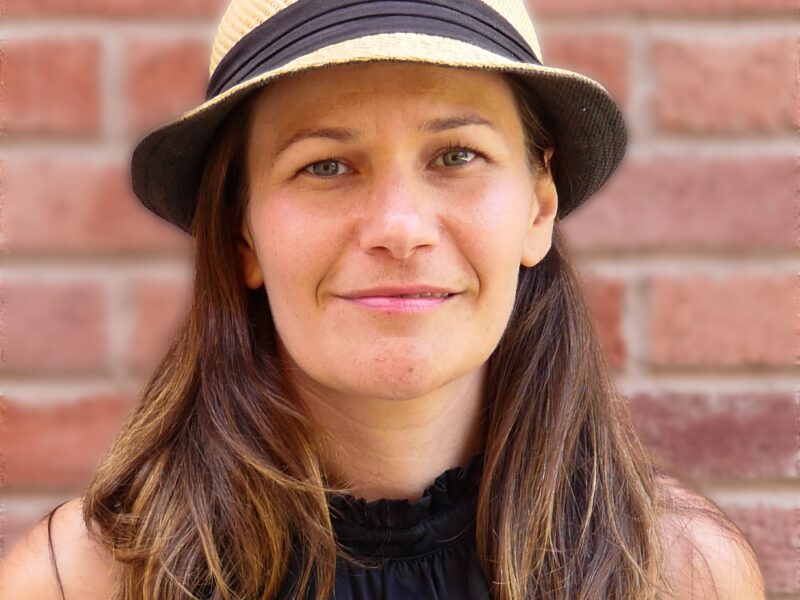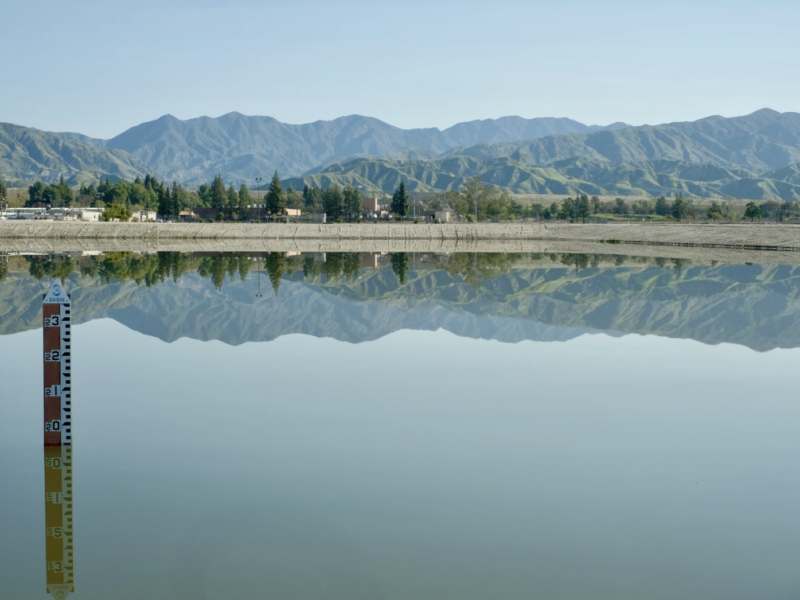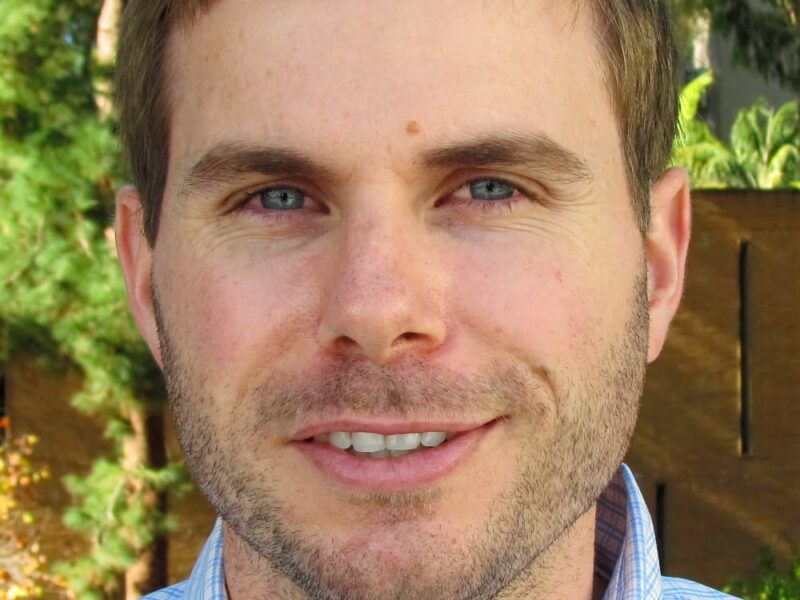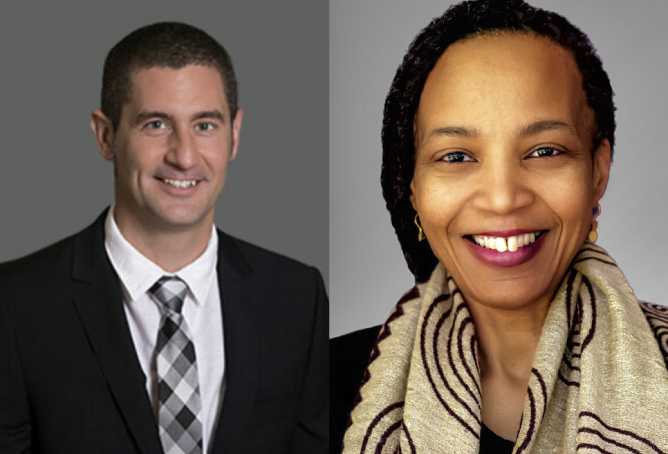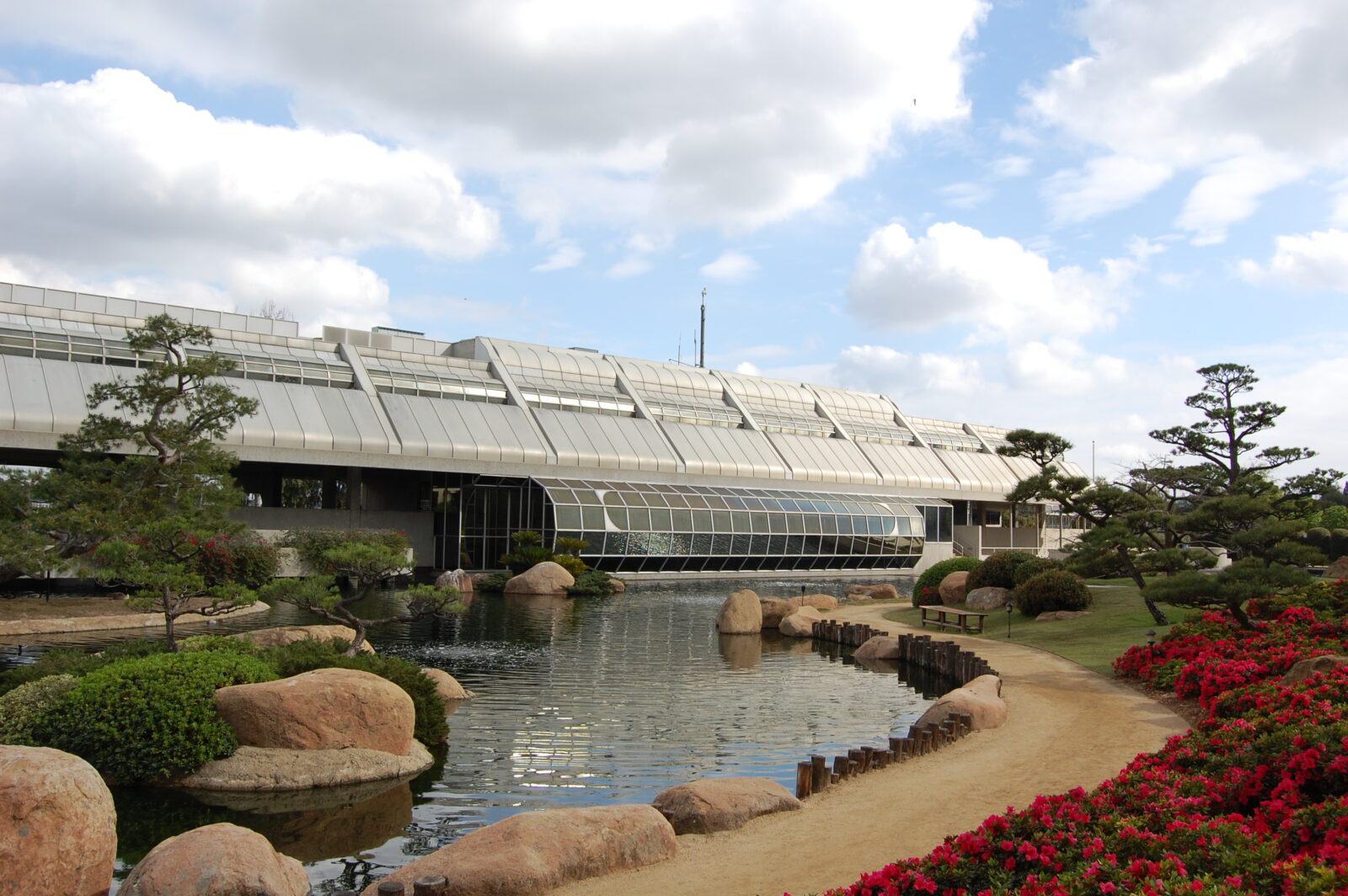
Water Resources Group

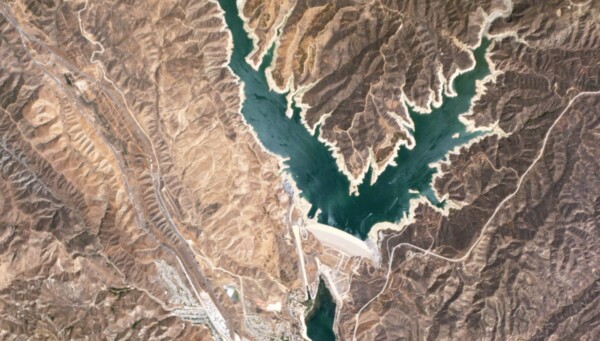
Getting to the bottom of L.A.’s future water supply
UCLA researchers created a comprehensive model to find out how L.A. County can reduce its reliance on imported water.
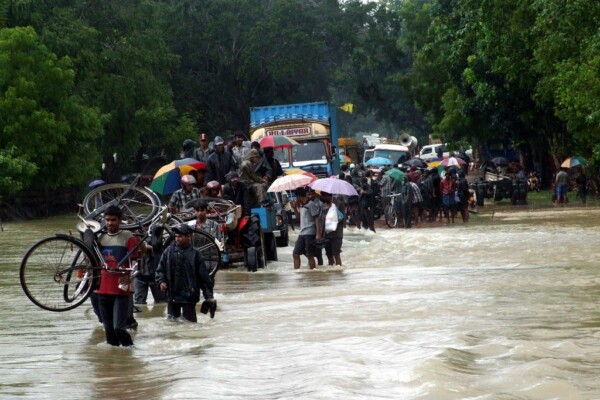
Zooming in on how climate change affects severe weather
UCLA weather expert Daniel Swain is part of a team that created a new four-step “framework” to more accurately test how climate change is pushing unprecedented weather events. It’s the latest study in a burgeoning field of climate science known as “extreme event attribution.” Testing their new framework, researchers found that human induced warming has increased the odds of severely hot weather across more than 80 percent of the globe.
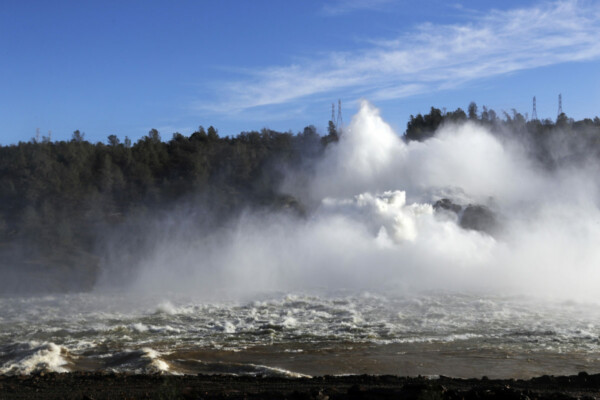
Oroville Dam crisis could be sign of things to come
The recent crisis at Oroville Dam sheds light on an emerging problem for California's aging water resources infrastructure. Professor Alex Hall's research shows that, as temperatures warm in the Sierra Nevada, climate change could precipitate a deluge that will overwhelm a patchwork network of dams and reservoirs that supply 60 percent of the state's water.
NEWSROOM
Edith de Guzman in the LA Times- how climate change is exacerbating extreme weather conditions
“The infrastructure that by and large we have today, it really wasn’t built for 21st century conditions. It was built during the 20th century, during a time when the extremes were less extreme,” said Edith de Guzman, a cooperative extension researcher at UCLA who focuses on water equity and adaptation policy. “We need to catch up with the changes and unfortunately, our flood management isn’t changing as quickly as our flood risk is changing.”
Headline
SoCal History Monday: A Deep Dive Into The SoCal Waters Of Aqueducts, Aquifers And Underground Basins
Over the past several centuries, Los Angeles has gone from a small farming community to one of the world’s biggest metropolises. In the early days, farming communities were able to reply on surface water from lakes and rivers. But as the population grew, that changed. We needed more water so we began to tap into groundwater resources, which at times were run dry by a lack of regulation. As we began to pave over much the natural land, these underground basins had no way to replenish from rainwater that would otherwise seep into the earth. Today, LA residents rely on a complex and highly managed system of aqueducts, wells, rivers and basins. Joining us today on AirTalk is Greg Pierce, director of UCLA’s Water Resources Group and Stephanie Pincetl, professor at UCLA’s Institute of the Environment and Sustainability.
Headline
Greg Pierce for LAist — It’s A New Water Year. What Can We Expect Ahead?
Director of UCLA’s Human Right to Water Solutions Lab, Greg Pierce discusses California’s water supply for LAist. The anticipated wet year “should set us up again to avoid desperation,” but…
Headline
Gregory Pierce quoted in The Palm Springs Desert Sun—Water agencies lift some restrictions following wet winter: What’s changed, what hasn’t
Gregory Pierce, co-director of UCLA’s Luskin Center for Innovation and director of the center’s Human Right to Water Solutions Lab, describes the situation as “functionally we are in a long-term…
Blog
UCLA Water Resources Group Welcomes Two More Faculty Water Experts at Successful Meet and Greet
On March 7, 2023, the UCLA Water Resources Group celebrated two new faculty members to UCLA whose research includes water, Dr. Alvar Escriva-Bou and Dr. Alesia Montgomery. This event was…
Blog
UCLA Water Resources Group Welcomes Two More Faculty Water Experts at Successful Meet and Greet
On March 7, 2023, the UCLA Water Resources Group celebrated two new faculty members to UCLA whose research includes water, Dr. Alvar Escriva-Bou and Dr. Alesia Montgomery. This event was…

